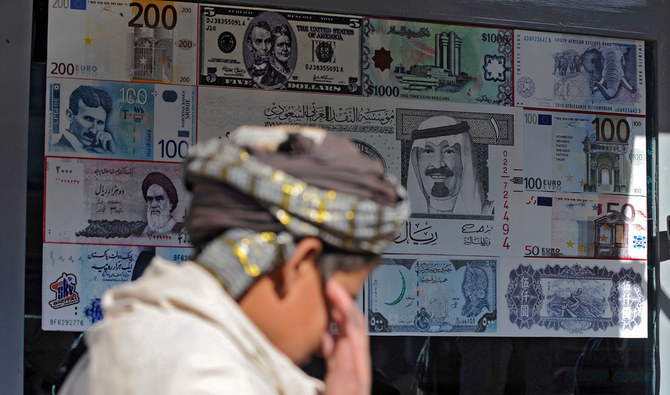ISLAMABAD: Top10VPN, an independent VPN review company, said this week VPN demand had more than tripled in Pakistan following the tightening of social media restrictions between Nov. 24-26, days that coincide with the launch of a protest movement by the opposition Pakistan Tehreek-e-Insaf (PTI) party.
Pakistani authorities have suspended mobile Internet services and blocked several VPNs amid a protest launched by supporters of former Prime Minister Imran Khan, who has been jailed since August 2023 on a spate of charges from corruption to terrorism.
The government has been cracking down on VPN use for weeks, with the Pakistan Telecommunication Authority announcing that businesses and freelancers would be able to legally use VPNs by registering with the government, but unregistered VPNs will be blocked in Pakistan after Nov. 30. Authorities say the measures are meant to deter militants and other suspects who use VPNs to conceal their identities and spread “anti-state propaganda” and promote “blasphemous” or other illegal content online.
Digital rights activists say the move is part of government attempts to block vital tools that allow users to bypass restrictions amid a wave of digital crackdowns, particularly as the use of VPNs has sharply risen in Pakistan since February this year when the government banned X.
“Demand for VPN services initially increased by 102 percent in Pakistan on November 24 compared to the daily average over the 28 days prior,” Top10VPN said in a report.
The PTI had launched its ‘long march’ protest to the federal capital, Islamabad, on Nov. 24.
“VPN demand intensified the next day [Monday], at 253 percent above the baseline on November 25 and continues to remain elevated,” the website added. “The surge followed reports that WhatsApp had been targeted by the authorities, preventing media sharing.”
The federal government is also moving to implement a nationwide firewall to block malicious content, protect government networks from attacks, and allow the government to identify IP addresses associated with what it calls “anti-state propaganda” and terror attacks. Internet speeds have dropped by up to 30-40 percent over the past few months due to the firewall, according to the Wireless and Internet Service Providers Association of Pakistan (WISPAP).
In August, the Pakistan Business Council (PBC) warned that frequent Internet disruptions and low speeds caused by poor implementation of the national firewall had led many multinational companies to consider relocating their offices out of Pakistan, with some having “already done so.” The Pakistan Software Houses Association (P@SHA), the country’s top representative body for the IT sector, warned last week Internet slowdowns and the restriction of VPN services could lead to financial losses and closures and increase operational costs for the industry by up to $150 million annually.
Pakistan’s IT and ITeS exports have been growing at an average of 30 percent per year, and are on the way to achieve over $15 billion in the next 5 years, according to industry data, provided the government ensures continuity in export, fiscal, financial, SME, infrastructure and IT policies.
“If the VPNs are blocked, most of IT companies, Call Centers, BPO [business process outsourcing] organizations of Pakistan will lose all the major Fortune 500 clients, as well as others – as data protection and cybersecurity are of paramount importance to our clients, and connecting to client systems through VPN is a global norm and standard, and is a basic requirement and expectation of clients around the world,” P@SHA Chairman Sajjad Mustafa Syed said in a statement released last Tuesday.
“Additionally, no international company of any size tolerates any intrusion into their security protocols by any private or public institution.”
















